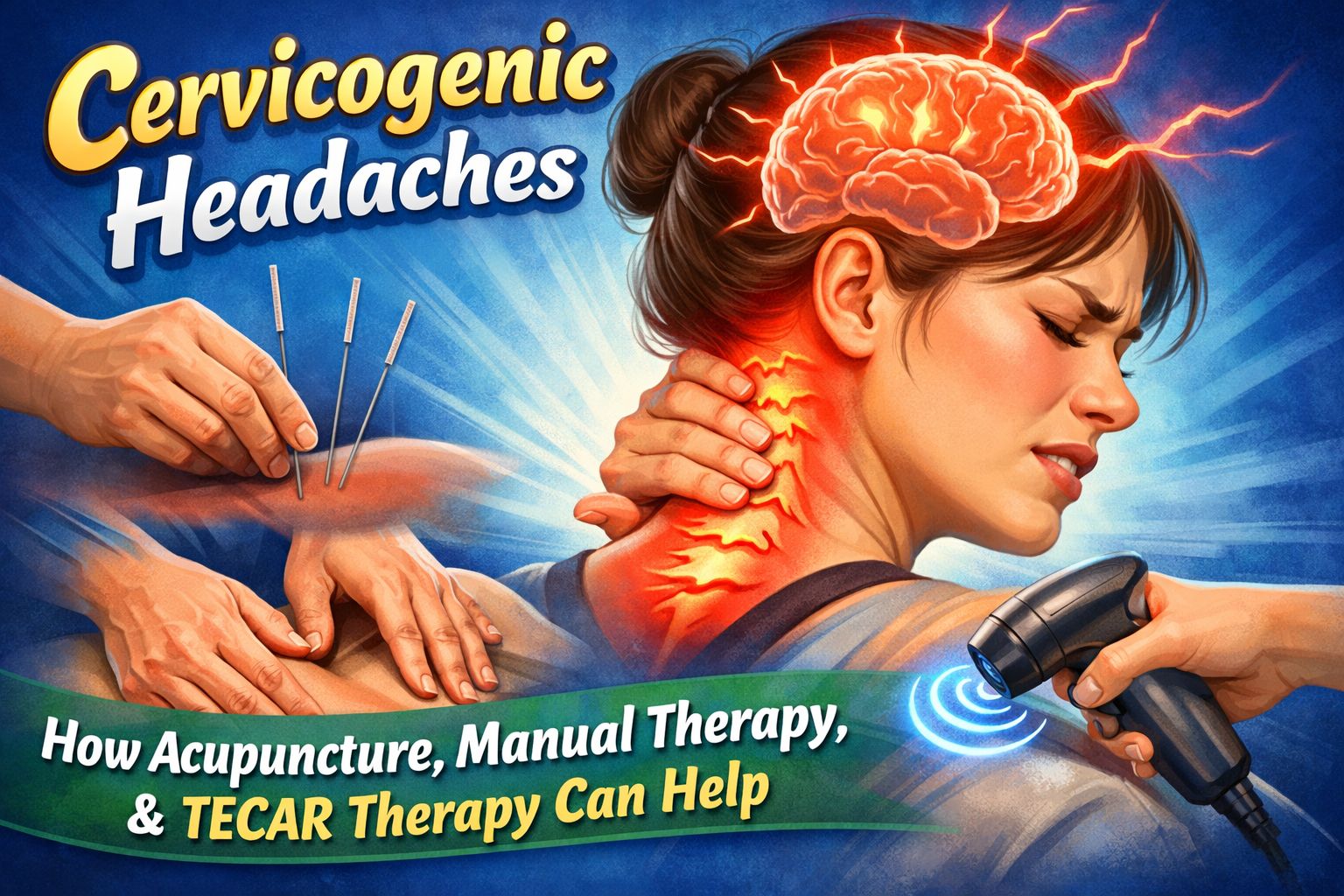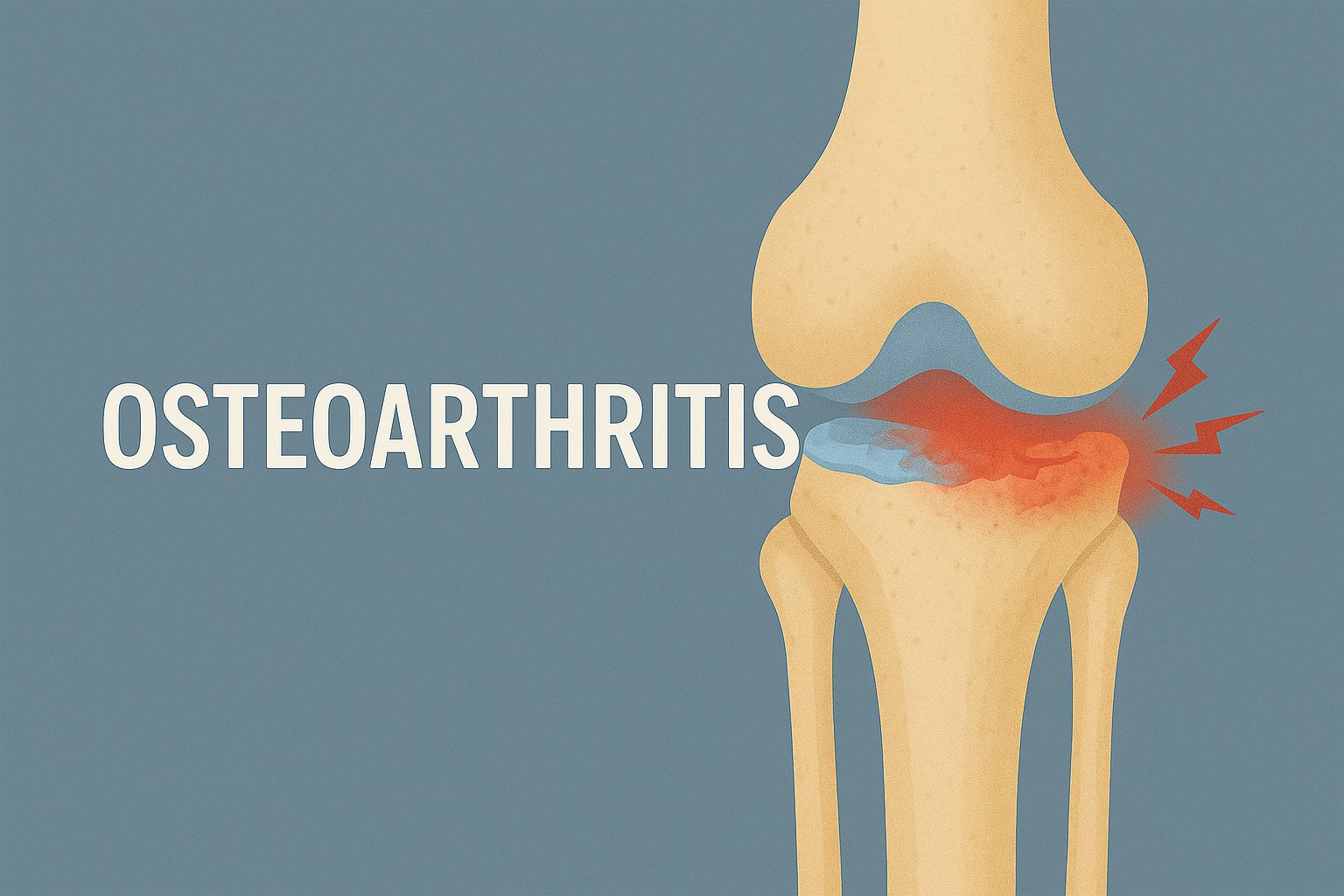What Is a "Silent" Disc Injury?
Not all disc injuries cause nerve pain. Sometimes, only the outer layer of the disc is damaged (called an annular tear). This may cause neck pain without other symptoms.
Even though there’s damage, you might not notice changes in your reflexes or strength. These injuries are harder to detect but still benefit from proper treatment.
Why Inflammation Matters
The nucleus of a disc is normally hidden from your immune system. When it leaks out, your body treats it as a foreign substance. This triggers inflammation, which can cause pain.
However, not everyone reacts the same way. If there’s little or no inflammation, you might have a disc injury with very few symptoms.
Managing inflammation is key to recovery. Treatments like low-level laser therapy can reduce inflammation and speed up healing.
Common Causes of Cervical Disc Herniation
Disc injuries usually develop gradually, not from a single event. Over time, activities like:
How Chiropractic Treatment Can Help
Chiropractors regularly treat disc herniations. Many studies show that patients improve with chiropractic care—sometimes more effectively than with:
Heat therapy
Exercises alone
Postural education
Standard physiotherapy
A 2006 study published in the Spine journal found chiropractic manipulation to be highly effective for disc injuries and sciatica.
What to Expect at a Chiropractic Clinic
At clinics like Isis Clinics, treatment may include:
Specific manual adjustments
A tailored rehabilitation exercise program
Use of on-site gym equipment for guided recovery
This combination helps reduce pain, improve mobility, and strengthen the spine.
When Is Surgery Needed?
Surgery is rarely the first option. It’s typically only considered if:
How Long Does Recovery Take?
Recovery time depends on several factors:
The severity of your injury
How long the issue has been present
Your activity level and how well you follow the treatment plan
Your chiropractor will discuss your treatment schedule and what you can do to support your healing.
Being active and committed to your recovery plays a big role in how quickly you feel better.




